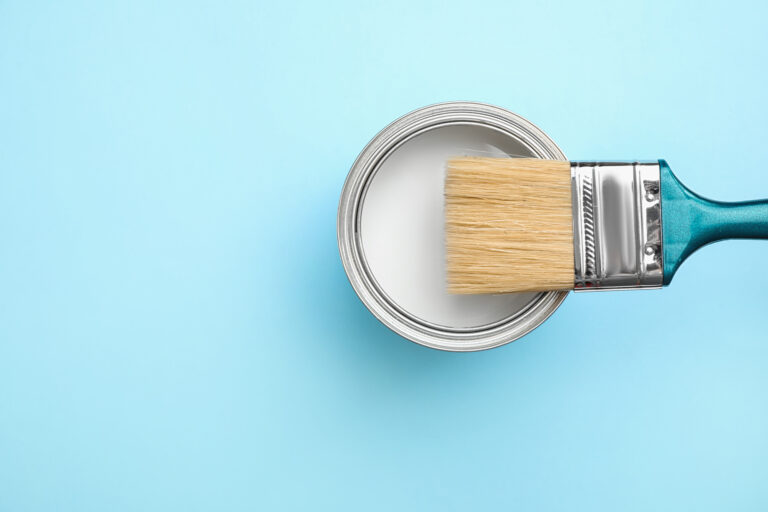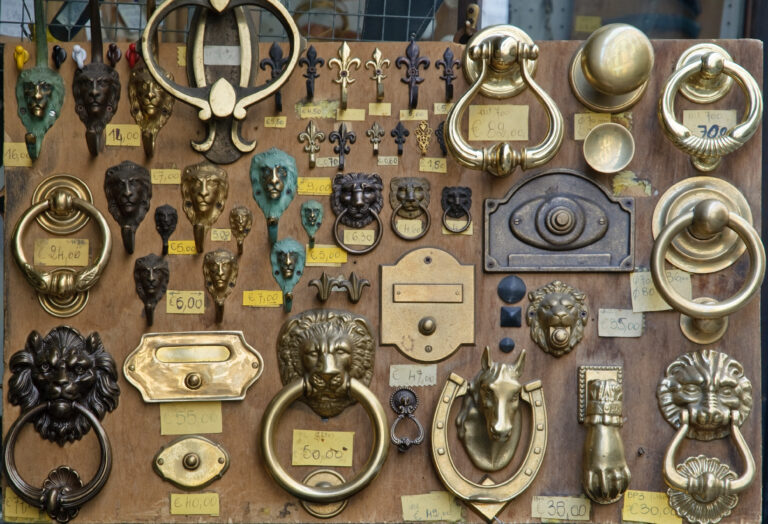There are two essential components that make up a successful house purchase: finding the perfect home that fits your needs and being able to secure the funds necessary to buy it.
For the first, you can depend on your Realtor® to help you find the right home in the right neighborhood for the right price.
The second relies a lot (but not totally – we’ll discuss that later) on you and how you’ve handled your finances up to this point – in short – what’s your credit score look like? Your credit score will help determine if you are eligible for a mortgage and what mortgage rate you qualify for.
If you’re dipping your toe into the home buying market, you’ll want to pay close attention to the next paragraphs and heed some time tested, mortgage banker approved lessons about your credit score and what you need to do to make sure it’s good enough for you to get a great mortgage rate.
Credit scores range from 300 to 850. A credit score of 700 or above is considered good and any above 800 are considered excellent. Most scores fall between 600 and 750.
The 5 main factors used to determine your credit score:
Your Track Record
What’s your track record been regarding repayment of both secured (house, car) and unsecured (credit card, college loans) debt? Even one late payment can negatively “ding” your credit score. And, since this factor makes up 35% of the determination of your score, a misstep here is big. Some of the smartest people we know tackle this by setting up automatic payments for their bills. Be smart too.
How You Use the Credit You Have
How much do you owe in relation to how much you earn? Are you “maxed out” on your credit cards? After paying your monthly bills, how much is left over, how much more capacity do you have to borrow money and repay it on time every time? This determination makes up 30% of your credit rating.
How Long You’ve Had Credit
The length of your credit history makes up 15% of your score. Are you just starting out and have very little history of debt repayment? That’ll be a factor. But, how do “they” expect you to demonstrate your repayment capability if they won’t give you a loan to repay? A great place to start would be by getting a gas credit card, put all your gas on it every month and pay it off each and every month as well – pay it off, don’t just make the minimum payment. Pay it off.
Any New Credit You’ve Acquired
How much new credit do you have? Did you just get a new credit card or a new car? This goes straight back to the first point we made – what’s your track record at repayment? If you’ve got new debt, they don’t know how you’re going to handle the additional expenditure. This is REALLY important to pay attention to after you’ve secured a mortgage. Don’t go out and open new lines of credit for fancy furniture. Most importantly, keep in mind that your credit will get re-pulled just prior to closing on your loan and if you have a new credit line, your score will likely decrease, and your mortgage rate will likely increase.
What Kind Of Credit Do You Carry?
What kinds of credit do you carry? Is it a good mixture of secured and unsecured? This will account for 10% of your score.
So, there you have it. You need to pay good mind to all 5 of these factors early on in the game in order to get and maintain a good credit score. If you’ve stumbled in the past, all is not lost. Take the time needed and the advice we’ve given above to get back on track. If you stick to a sound financial plan and live inside your means, you’ll see your score creep up and your interest rates inch down!







